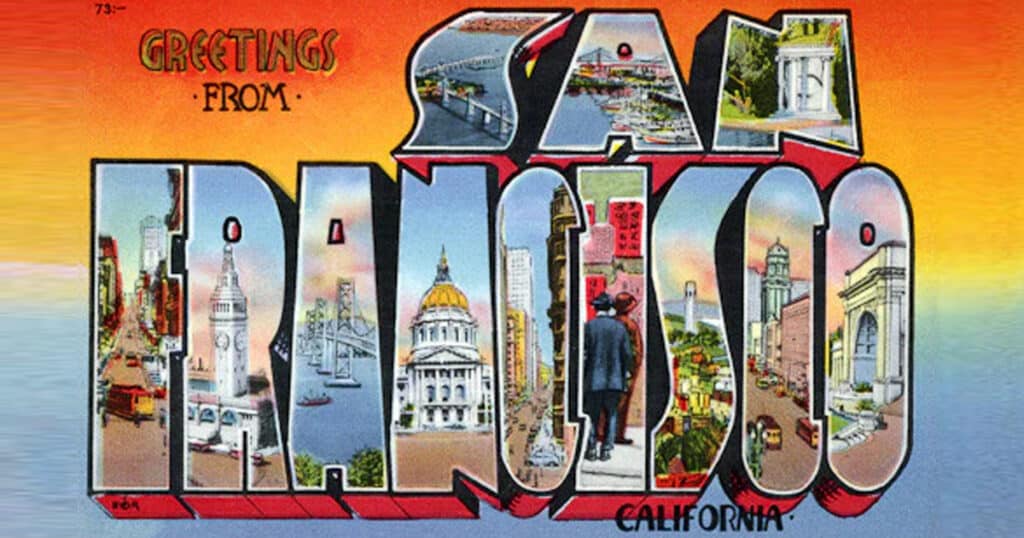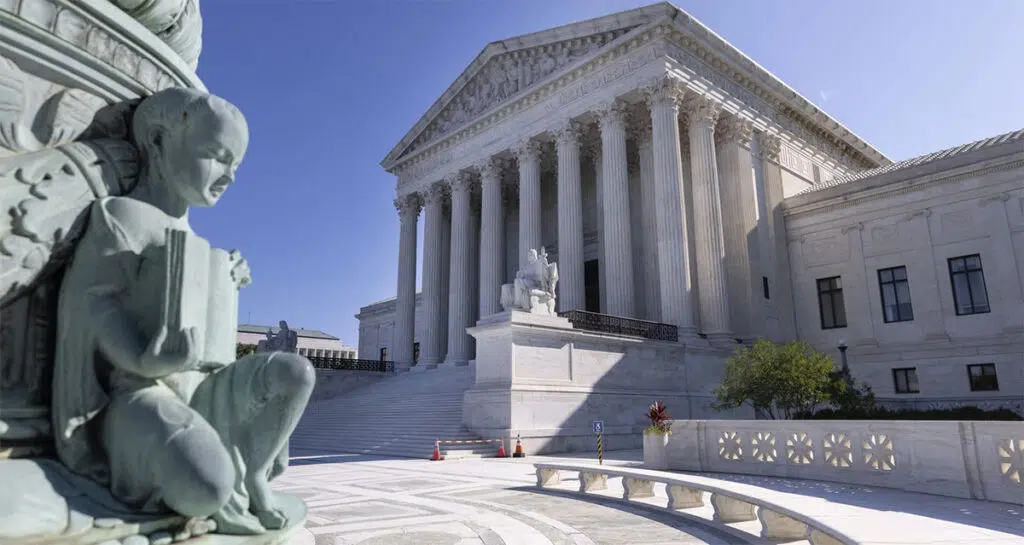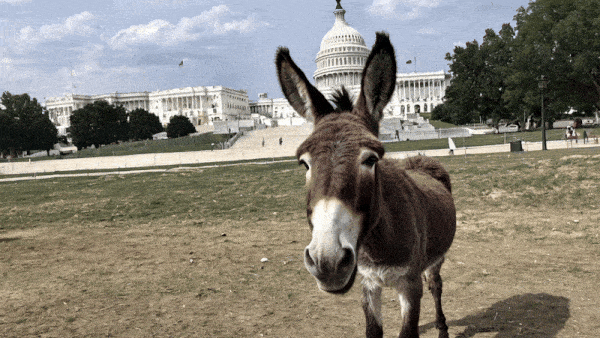
San Francisco Plan to Offer Reparations for ‘Systematic’ Injustices Likewise Called Racist and Unlawful
San Francisco’s reparations committee has proposed paying longtime Black residents $5 million each and granting complete debt forgiveness — not as a social justice answer to slavery, since California was never a slave state, but for the decades of “systematic repression” faced by members of the local Black community.
The San Francisco African American Reparations Advisory Committee, which has advised the city on developing a plan for reparations for Black residents since 2021, released a draft report last month addressing reparations for “the public policies explicitly created to subjugate Black people in San Francisco by upholding and expanding the intent and legacy of chattel slavery.”
And, while neither San Francisco, nor California, ever formally adopted the institution of chattel slavery, “the tenets of segregation, white supremacy and systematic repression and exclusion of Black people were codified through legal and extralegal actions, social codes, and judicial enforcement,” the draft states.
The plan includes a long list of financial recommendations for Black San Francisco residents, including a one-time, lump sum payment of $5 million to each eligible individual that, according to the draft, “would compensate the affected population for the decades of harms that they have experienced, and will redress the economic and opportunity losses that Black San Franciscans have endured, collectively, as the result of both intentional decisions and unintended harms perpetuated by City policy.”
To be qualify for the reparation program, an applicant must be 18 years old and have identified as Black or African American on public documents for at least 10 years and must also prove at least two of eight additional criteria, including proof of San Francisco residency for at least 13 years, being born in San Francisco between 1940 and 1996 can provide evidence of being personally, or are a direct descendant of another, incarcerated by the failed War on Drugs.
The plan also calls on the city to supplement the incomes of lower-income recipients to meet the Area Median Income, or, AMI, about $97,000, annually for at least 250 years.
“Racial disparities across all metrics have led to a significant racial wealth gap in the City of San Francisco,” the plan explains. “By elevating income to match AMI, Black people can better afford housing and achieve a better quality of life.”
The plan’s comprehensive debt forgiveness initiative clears each eligible person’s student and housing loans, credit card debt, and myriad other debts.
“Black households are more likely to hold costlier, riskier debt, and are more likely to have outstanding student loan debt,” the draft says. “When this is combined with lower household incomes, it can create an inescapable cycle of debt. Eliminating this debt gives Black households an opportunity to build wealth.”
In an interview on Fox News’ Hannity earlier this week, civil rights attorney and radio talk show host Leo Terrell called the plan racist by definition, outrageous, unconstitutional and unlawful. He was joined on the program by fellow attorney and radio talk show host and former California gubernatorial candidate Larry Elder, who suggested the issue of slavery must be considered through a partisan lens.
“Slavery was a Democratic institution. Why don’t Democrats pay?” Elder, who ran for governor in 2021, asked rhetorically. “Jim Crow was a Democratic institution. Why don’t Democrats pay?”
Elder continued that “very few Republicans owned slaves,” and asked why Republicans should “pay a dime…The whole thing is absolutely insulting.”
Both Elder and Terrell vowed to fight the proposal and accused the Democrats who lead the city of sacrificing common sense for woke sensibilities and playing the race card.
Added Terrell, “They need to keep Blacks on the government payroll because, without the Black population, there is no Democratic Party…They have a race card issue and they’re never going to let that card go.”
The United States, Terrell adamantly proclaimed, “has no systemic racism…That’s something in 1955. In 2023, we have no institutional racism…But you can’t tell that to a Democrat.”
The committee submitted the draft proposal to the San Francisco Board of Supervisors on Dec. 23.
Aaron Peskin, president of San Francisco’s board of supervisors, told the San Francisco Chronicle he hopes the plan is approved.
“There are so many efforts that result in incredible reports that just end up gathering dust on a shelf,” Peskin said. “We cannot let this be one of them.”



